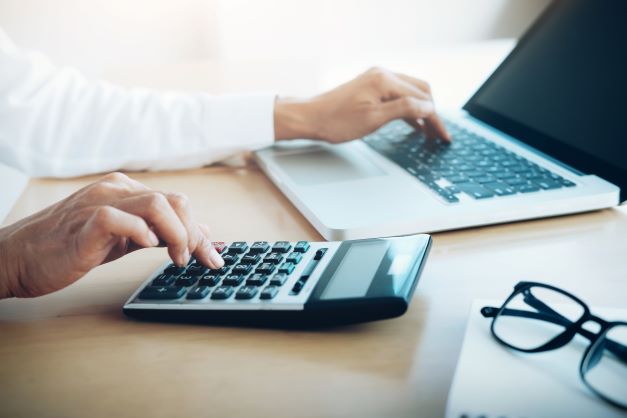
If an employee is sent on a business trip, the employer is obliged to compensate for expenses associated with fulfilling official obligations on a business trip. Travel expenses in 2022 include:
- Payment for travel;
- Payment for rent;
- Daily allowance;
- Other expenses that the employer knew about.
In this article we will talk about how travel expenses are reimbursed, as well as the features of their accounting.
Accounting for business trip expenses: calculation, registration and payment of advance payment
To pay an advance to an employee for the costs of hotel accommodation, meals and travel on a business trip, the accountant must calculate it based on the manager’s order to send the employee on a business trip. It contains information about the employee, the duration and purpose of the trip.
What are daily allowances, what is the procedure for their compensation and accounting when calculating income tax?
The amount of daily allowance must be specified in the company’s internal regulations. If the employee can return home daily, per diem is not paid.
Daily allowances for working days are not taken into account when calculating income tax. The same applies to daily allowances on weekends and travel days.
Limits upon reaching which daily allowances are taxed: 700 and 2500 rubles per day in Russia and abroad, respectively.
If the employee was on the road or worked on weekends or holidays, compensation is paid in double amount. Or, at the request of the employee, you can receive a single compensation and an additional day of compensatory leave.
You can learn more about how daily allowances are paid and what they are used for, in this article.
What transport costs are reimbursed on a business trip
First of all, the employer must reimburse the cost of tickets to and from the destination. These can be tickets for the following types of transport:
- Air transport (flight in economy class cabin);
- Railway transport (travel in a compartment on a fast train, travel in the metro);
- Road transport (except taxi);
- Water transport (travel in a 5th level cabin on a sea vessel, a 3rd class cabin on a river vessel, a 1st class cabin on a ferry).
In addition, according to the Regulations on Business Travel, the employer must pay for the employee’s travel on public transport to the station, pier or airport and back, if they are located outside the city.
Expenses for travel on public transport around the city during a business trip related to the performance of a work assignment (for example, travel from a hotel to the venue of an event or business meeting) are also compensated. In this case, taxi fares are reimbursed only with prior agreement with the employer.
Payment of travel expenses and advance report
Upon returning from a business trip, the employee must provide an advance report within 3 days. It is needed to prove the fact of a business trip and account for your expenses.
Documents confirming the business trip:
- Air or train tickets;
- Checks or invoices from the hotel (must be strictly accountable documents) ;
- Invoices for expenses that the manager knew about.
In case of overspending, the employer must reimburse the employee’s expenses if there is documentary evidence. Likewise, if the funds are not spent, the employee must return them. If the employee did not do this voluntarily, the employer has the right to deduct this amount from the employee’s salary.

